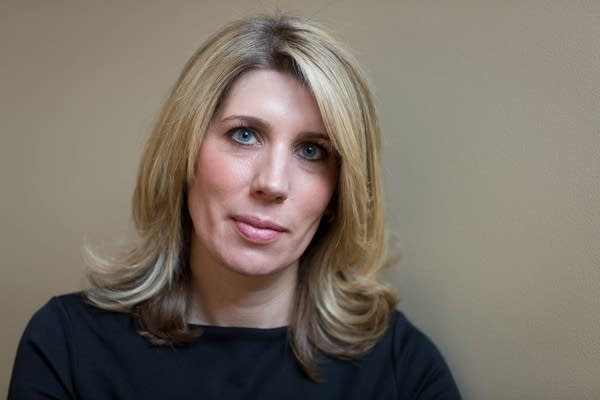Under oath, whistleblower challenges Archbishop Nienstedt over abuse testimony

Jennifer Haselberger photographed Wednesday, Nov. 27, 2013 at her St. Paul home. She is the former top canon lawyer for the archdiocese. She resigned in April.
MPR Photo/Jennifer Simonson
Go Deeper.
Create an account or log in to save stories.
Like this?
Thanks for liking this story! We have added it to a list of your favorite stories.


